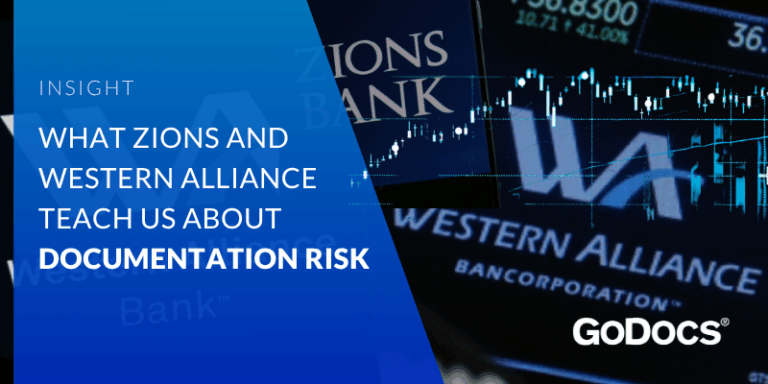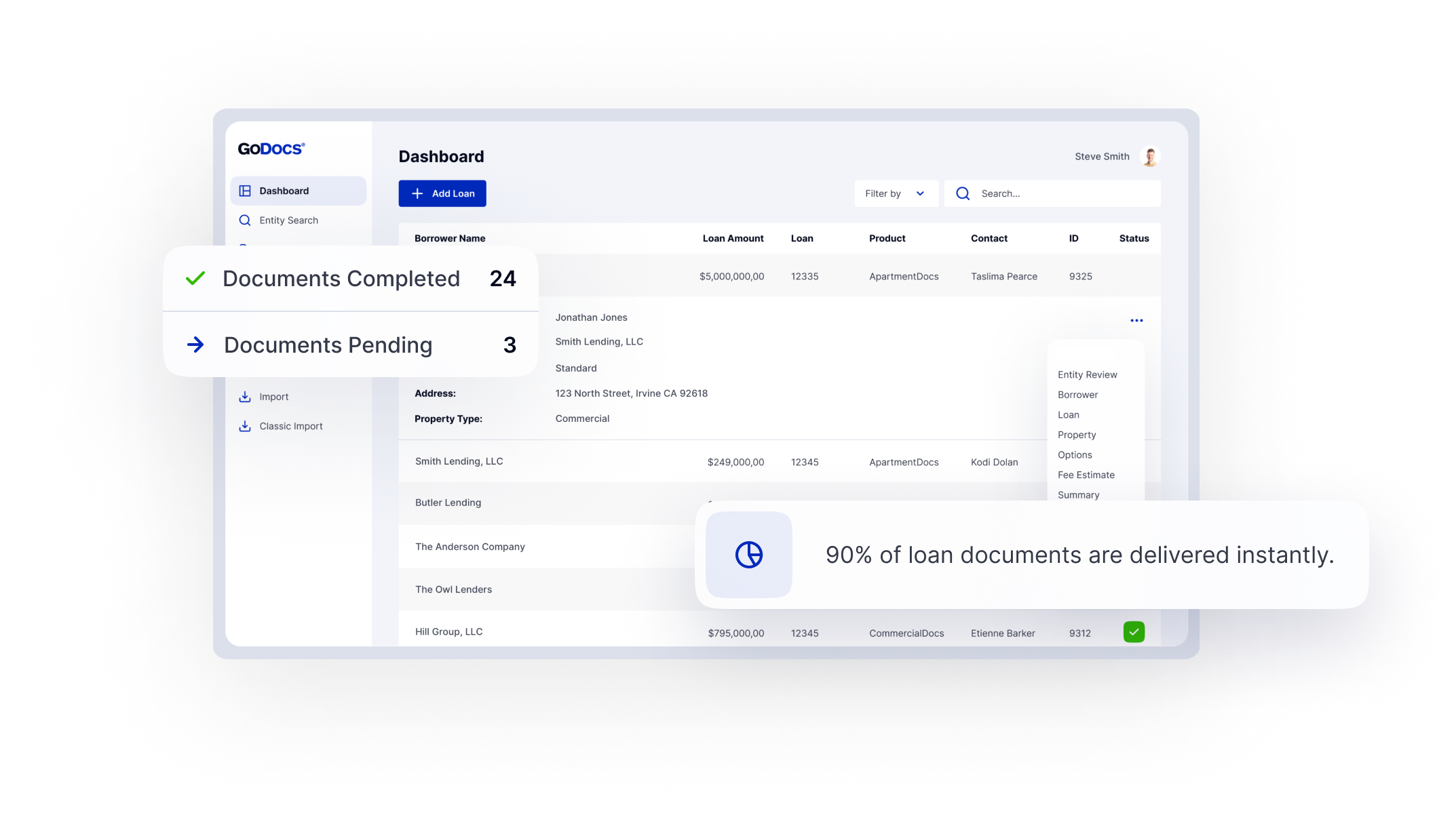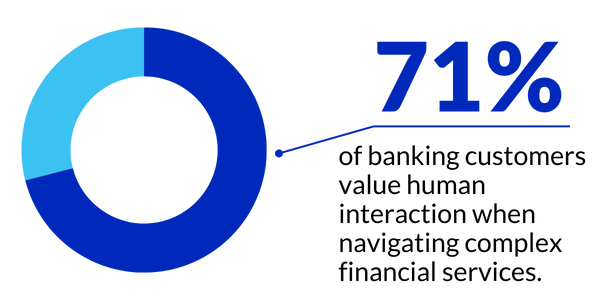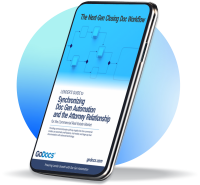Automation and your legal team are a critical cohesive relationship.
Attorneys have long been a central and essential part of commercial lending. It goes without saying that having a knowledgeable person on hand who understands the ins and outs of contractual language is essential to risk mitigation and success in commercial lending. While some might see the advent of automation as an “end” to the attorney-client relationship, that is not actually the case. A trusted attorney, or even a team of attorneys, will continue to be an indispensable member of your team, even as it becomes necessary to shift priorities in order to remain competitive.
There is room for both, the attorney and automation.
Automation and attorneys are not mutually exclusive. There is room (and a need) for both at your company.
While implementing automation into your doc gen workflow is critical to remain competitive and drive growth, the automation and attorney relationship does not become obsolete. Instead, it adjusts to a new reality, as often happens in business and commercial lending.
View the White Paper Instantly
Click through to view the Commercial Lending White Paper: Synchronizing Doc Gen Automation and the Attorney Relationship. The white paper walks you through the intersection between attorneys and technology.
Collaborative Modifications with the Next-Gen Workflow
The collaborative next-gen workflow is critical to commercial lending success. A best-in-class automation provider will work closely with the lender’s in-house and outside legal counsel. Below are a few examples of the collaborative modifications that often occurs as you create a new workflow that reframes your attorney-client relationship without diminishing it:
#1: New Legal Issues
As new legal issues arise, a lender’s attorney will still need to be on hand to provide legal analysis and prepare legal memos. While an automation provider, such as GoDocs, provides current and up-to-date templates that reflect the latest legal and regulatory changes, a trusted attorney can provide that extra layer of protection and serve as an additional resource.
This collaboration can ensure that a lender receives the highest quality analysis and implementation in a “fool-proof/error-free” document automation system. Think of this “meeting of the minds” between attorney and automation as a best-of-both-worlds scenario: Once a new or modified provision is automated, a lender will receive consistent, comprehensive, and compliant documents without the risk of human error. Let’s face it, even the most experienced loan documentation processor isn’t immune to human error, and without automation, these errors can be commonplace in commercial lending, yet they do not have to be.
#2: Document Revisions
Post-automation, a lender may choose to continue to use its attorneys to negotiate and revise the documents prepared by the automation solution provider’s system. In-house or outside counsel would be involved in reviewing and modifying document revisions for complete assurance to the lender. In the case of a high-quality, professional automation provider, the provider will have an attorney network that provides such services under a negotiated fixed-fee service agreement.
#3: Local Closing Attorney Requirements
Lastly, a lender can continue to utilize its closing attorneys in states that require local closing attorneys.
#4: Legal Network Access
Recognizing the importance of a trusted attorney-client relationship while also understanding that not every company has access to in-house or outside attorneys, a well-established, integrated automated doc gen solution, like GoDocs, should provide seamless access to an affiliate network of attorneys for its customers needs. GoDocs LegalNet is a tool that provides one-click access to a network of attorneys from within the GoDocs platform and auto delivers loan documents to the attorney of choice.
Schedule a custom demo to learn more about GoDocs’ digital solution for commercial loans, including Bridge Loans.

Myth 1: Faster closing document preparation means higher compliance risk.
Legacy loan closing systems have created misconceptions about what’s possible in commercial loan documentation. In

What Zions and Western Alliance Teach Us About Documentation Risk
A wave of unsettling news recently hit the regional banking sector. Zions Bancorporation announced a

A Lesson From Ted Lasso’s Roy Kent: Don’t You Dare Settle for “Fine”
Why Commercial Lenders Deserve Better Than Legacy Doc Prep We all settle for “fine” more




